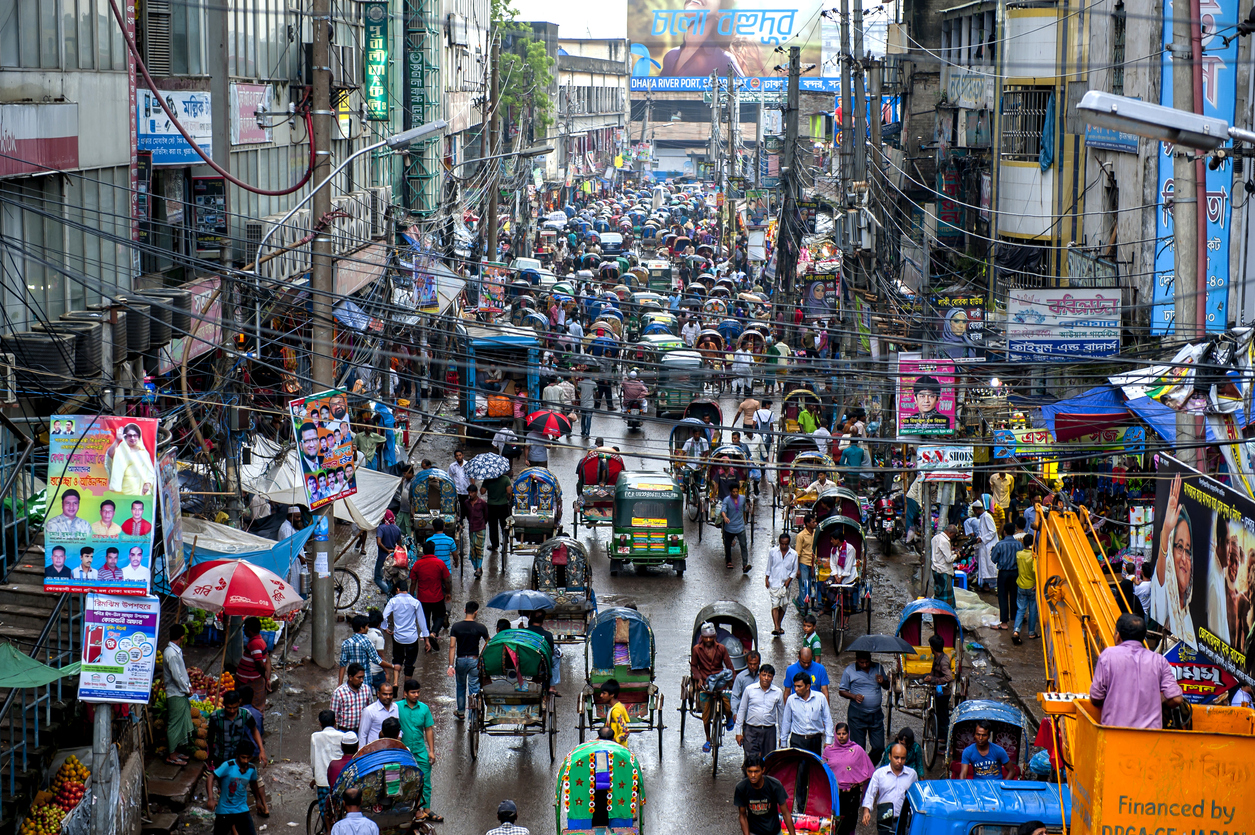
Over 13 million people are expected to migrate to cities by 2050 in Bangladesh, with a large proportion of this migration caused by climate change. Life in the city will not be without challenges, however. In addition to the lack of jobs and public services, migrants are likely to face climate-related risks related to heat, flooding, vector-borne diseases, and reduced access to food and water.
This publication calls for civil society organizations in Bangladesh to work together to overcome challenges related to the lack of research and data on urban climate resilience; tools and indicators to measure urban resilience; funding for municipalities to invest in climate resilience; public services in slums; coordination between government organizations and agencies; and institutional arrangements for community participation in resilience building efforts.